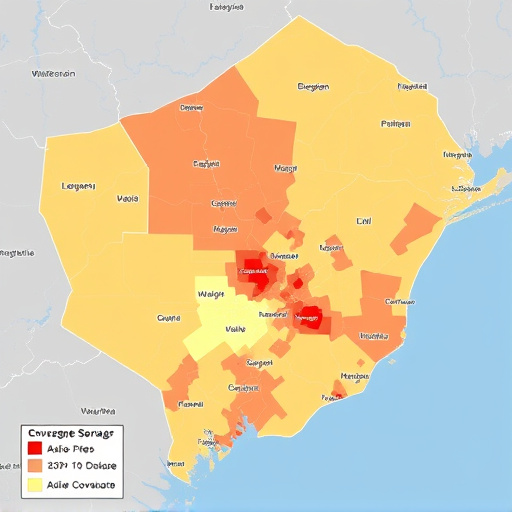The United States' legal system is characterized by 50-state legal intake systems approved, creating a complex yet balanced governance structure. Understanding these diverse systems is crucial for navigating cross-state legal issues like interstate commerce or family law. Digital transformation has unified these processes through online platforms, streamlining initial legal inquiries and ensuring efficient services across state lines. This evolution benefits individuals nationwide by providing access to legal assistance with enhanced speed and convenience while maintaining state-specific requirements. Law firms can leverage these 50-state legal intake systems approved to enhance efficiency, reduce tasks, and improve profitability, ultimately satisfying clients.
Cross-country legal systems present a complex landscape for practitioners navigating diverse regulations and procedures. This article delves into the intricacies of understanding these systems, focusing on the 50-state legal intake processes in the US. We explore the unifying yet diverse nature of state laws, highlighting key features of approved systems and their implications for legal practice. By examining these aspects, we aim to provide insights into the challenges and opportunities for lawyers operating across jurisdictions.
- Understanding Cross-Country Legal Systems: A Brief Overview
- The 50-State Landscape: Unifying and Diverse Legal Intake Processes
- Approved Systems: Key Features and Implications for Legal Practice
Understanding Cross-Country Legal Systems: A Brief Overview

The United States, with its diverse states and unique legal traditions, presents an intriguing landscape when exploring cross-country legal systems. Each state operates within a federal framework, maintaining its own legislature, courts, and legal codes, while also adhering to overarching federal laws. This intricate web of 50-state legal intake systems approved ensures a balanced governance structure. Understanding this complexity is essential for navigating legal issues that transcend state boundaries, such as interstate commerce or family law matters involving multiple states.
Legal practitioners and individuals alike must be adept at interpreting and applying these varied systems. The process involves familiarizing oneself with the laws, regulations, and procedural nuances of each state where a case may have connections. This knowledge is critical in ensuring adherence to all applicable laws, avoiding legal pitfalls, and achieving favorable outcomes in cross-jurisdictional cases.
The 50-State Landscape: Unifying and Diverse Legal Intake Processes

In the United States, the 50-state landscape presents a unique challenge for any discussion on cross-country legal systems. Each state operates its own distinct legal intake processes, approved by their respective jurisdictions, leading to a vast array of variations in how legal cases are handled. Despite these differences, there’s a unifying trend towards digital transformation, where technology plays a pivotal role in streamlining and modernizing these ancient processes.
Online platforms now facilitate the initial intake of legal inquiries, offering users a convenient and accessible way to connect with potential attorneys. This shift not only reflects the changing expectations of modern consumers but also ensures that legal services are more efficiently distributed across diverse state jurisdictions. As a result, while maintaining the integrity and specificity required for each state’s approved processes, individuals across the country can now access legal assistance with greater ease and speed.
Approved Systems: Key Features and Implications for Legal Practice

The United States, with its diverse and complex legal landscape, is home to a variety of 50-state legal intake systems approved for use across the nation. These systems serve as the backbone of legal practice, enabling efficient case management and client intake processes. Key features of these approved systems include robust data entry capabilities, secure document storage, and seamless integration with existing legal software. They facilitate the quick retrieval of case information, ensuring lawyers can promptly assess cases and deliver quality legal services.
Implications for legal practice are significant. Approved 50-state legal intake systems streamline workflows, reduce administrative burdens, and enhance client satisfaction by providing a consistent and user-friendly experience. By leveraging these systems, law firms and solo practitioners alike can focus more on strategic case management and less on cumbersome paperwork, ultimately improving overall efficiency and profitability.
Cross-country legal systems, as exemplified by the diverse 50-state legal intake processes in the US, present both unifying and dividing aspects. While each state maintains its own unique legal framework, the approval of specific systems offers a level of consistency for legal practitioners across jurisdictions. Understanding these systems is crucial for ensuring efficient and effective legal service delivery, especially as lawyers navigate the intricate tapestry of regulations within the 50-state landscape. By adopting key features of approved systems, legal practices can enhance their capabilities to serve clients in a rapidly evolving legal environment.














